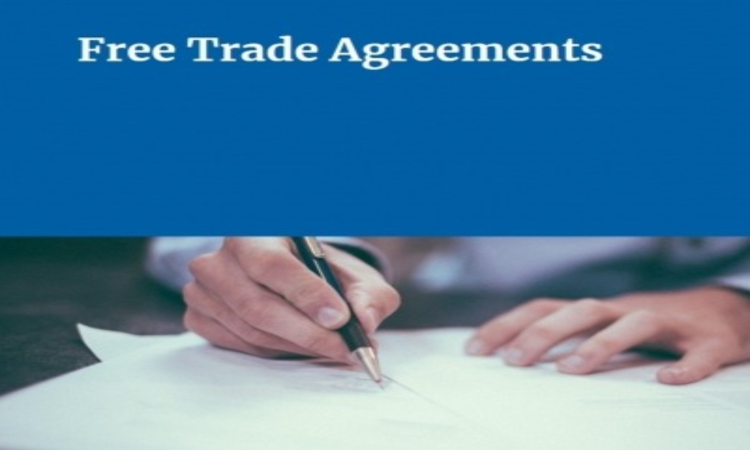India, EU Set for New Round of Free Trade Agreement Talks

NEW DELHI: India and the European Union (EU) will kick off their next round of talks on the proposed free trade agreement (FTA) on Monday as both sides aim to make significant progress towards an early conclusion of the first phase of the pact. The negotiations, which will continue until May 16, come after a review by the Commerce Secretary and senior officials, including Indian Commerce & Industry Minister Piyush Goyal.
The talks center around the EU's demand for lower tariffs on key sectors such as automobiles, wine, and whiskey, as well as certain agricultural products. In response, India is pushing for greater market access and lower tariffs for its pharmaceuticals, textiles, and apparel exports.
The EU is one of India's largest trading partners, accounting for 124 billion euros in trade last year alone, making it a critical partner in the negotiations. Trade between both sides has grown by around 90 per cent over the past decade, but previous talks on a free trade pact remained stalled due to deep-seated differences on agriculture, automobiles, and pharmaceuticals.
The recent meeting between Minister Piyush Goyal and European Commissioner for Trade and Economic Security Maros Sefcovic in Brussels reaffirmed both sides' commitment to conclude the India-European Union Free Trade Agreement by the end of 2025. The agreement will focus on enhancing market access, promoting trusted and diversified supply chains, and boosting innovation and competitiveness.
India's Minister also emphasized the need for a mutually beneficial and strategic partnership that supports economic resilience and inclusive growth. This comes as both sides share an ambitious vision under Prime Minister Narendra Modi and EU President Ursula von der Leyen on driving sustainable development and shared prosperity in their regions.
The ongoing negotiations are seen as crucial to unlocking new markets for India's businesses and promoting long-term economic cooperation between the world's largest democracy and the EU. As talks progress, both sides must carefully balance competing demands and build a future-ready agreement that benefits all stakeholders involved.
